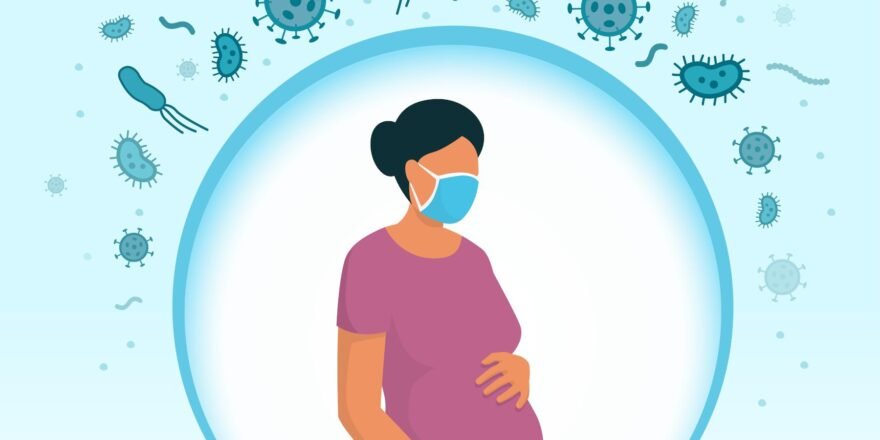How Your Eating Habits Affect Your Skin
Early signs of nutritional deficiencies frequently reveal themselves through alterations in skin quality. Your dietary choices play a crucial role in determining the appearance of your skin. Specific nutrients act as safeguards against photodamage and premature aging, whereas others may expedite damage and contribute to various skin ailments.
The impact of various foods on the skin ranges from inducing oiliness, dryness, inflammation, and hydration, to even promoting a more youthful appearance. A diet consistently high in refined carbohydrates is associated with mild, chronic inflammation throughout the body, contributing to common skin issues like acne and breakouts. The texture and elasticity of the skin, determined by proteins such as collagen and elastin beneath the surface, can be compromised by factors that damage these proteins, leading to the formation of fine lines and wrinkles. Therefore, safeguarding the skin from harm and replenishing essential compounds is crucial.
Your skin’s health is often the first impression you make, reflecting not only your skincare routine but also your dietary choices. Embracing a healthy diet serves as an inside-out approach to nurturing vibrant and healthy skin.
Food Groups That Affect Our Skin
Here is a list of food groups and how they affect your skin,
Fish: Promotes healthy skin and reduces inflammation, Being a rich protein source, fish contributes to the formation of collagen and elastin essential for skin health. Additionally, the presence of omega-3 fatty acids in fish serves to diminish inflammation and support the overall well-being of the skin.
Sugar: Speeds up the aging process, To enhance skin health and overall improvement, it is advisable to reduce sugar intake. The process of glycation, wherein sugars bind to collagen and elastin proteins, results in their stiffening. Accelerating the aging process, sugar diminishes skin elasticity and contributes to the formation of fine lines and wrinkles.
Milk: Might cause acne problems, If you face challenges with acne, consider moderating your consumption of dairy products. Various studies and populations have associated dairy intake with acne. A high consumption of dairy often corresponds to an elevated glycemic load, triggering spikes in blood sugar and insulin levels, ultimately promoting increased oil production.
Fresh Fruits: Tighten and Protect the Skin, Oranges, strawberries, mangoes, and papayas are rich in Vitamin C, a crucial element for the formation of resilient collagen fibers, contributing to a more youthful appearance of the skin. Additionally, Vitamin C acts as an antioxidant, safeguarding the skin against damage from UV radiation and pollution.
Raw Vegetables: Rich in antioxidants and protect from sun damage, Dark, leafy greens, along with red, orange, and yellow vegetables, are abundant in beta-carotene (a type of Vitamin A), lycopene, and lutein—essential nutrients that protect the skin against sun damage.
Plenty of Fluids: Fluids are essential for the movement of nutrients in and waste out of your skin cells. Water, a simple yet excellent fluid source, becomes particularly crucial in hot weather when the body loses moisture through sweat and other natural processes. The recommended daily intake varies from person to person.
Embracing a well-balanced diet can positively impact your skin in multiple ways, warding off potential long-term skin issues. It may be beneficial to explore and adjust your daily nutritional intake to discover what suits you best in the long run.




